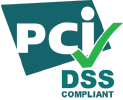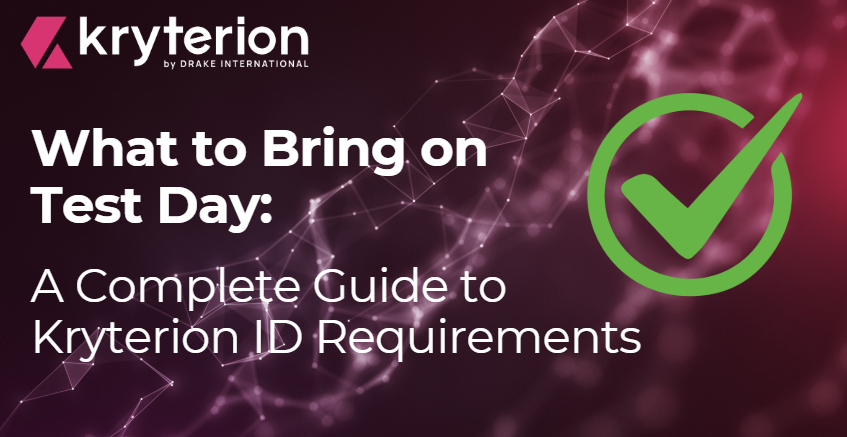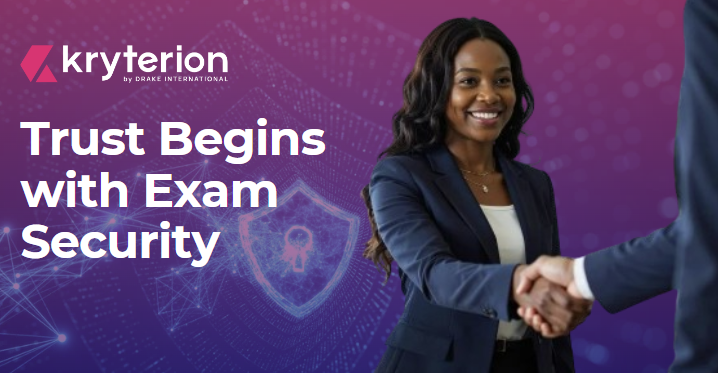For organizations, a certification is more than just a piece of paper. It’s a promise of competence, integrity, and skill. These certifications, whether in IT, finance, healthcare, or project management, are crucial gatekeepers for industries, proving that candidates meet a high standard. However, the value of that promise rests entirely on the security and integrity of the exam delivery process. If you compromise that security, then you undermine the entire certification program, along with the profession it serves.
Securing exam delivery isn’t just about preventing cheating. It’s also a foundational pillar that supports the professional organization, its members, and the wider public. Let’s take a deeper look.
Upholding the Value of the Credential
The core function of any professional certification is to reliably validate knowledge and skills. If the exam is easily compromised, whether through leaked questions, unauthorized assistance, or identity fraud, the certification becomes meaningless.
An exam is considered valid and reliable if it accurately measures what it’s supposed to measure and yields consistent results. Cheating severely damages both:
- Validity: If a candidate passes by cheating, the certification no longer indicates that they possess the required knowledge. This devalues the credential in the eyes of employers.
- Reliability: Inconsistent testing environments or security gaps lead to unreliable outcomes, where success might depend more on finding a loophole than on actual preparation.
Protecting Reputation and Brand Integrity
A professional organization’s reputation is directly tied to the integrity of its certification. If a certification is widely known as “easy to cheat,” the organization suffers a reputational crisis. Employers may stop recognizing the credential, and the organization’s credibility can be severely damaged. Conversely, a rigorous, secure exam process enhances the brand’s reputation for excellence and reliability.
Security measures are essential for maintaining a level playing field for every candidate. When security is lax, honest candidates who dedicate time and resources to legitimate study are unfairly disadvantaged by those who seek shortcuts.
The Economic and Ethical Cost of Cheating
Candidates invest significant money and time in exam preparation. This often includes expensive training, study materials, and the exam fee itself.
Therefore, the organization has an ethical obligation to protect that investment and make sure that every certified professional earned it fairly. A perception that cheating is rampant can lead to candidate dissatisfaction, lowering participation and discouraging qualified individuals from seeking the certification.
Beyond the organization and its candidates, exam security serves a vital public interest. Many professional certifications are in fields that directly impact public health, safety, and financial well-being. Incompetence in these roles due to unverified skills can lead to devastating consequences, including:
- Financial Loss: Poorly certified financial advisors can ruin clients’ investments.
- Security Breaches: Incompetent IT security professionals leave organizations vulnerable to attack.
- Physical Danger: Uncertified healthcare or engineering professionals put lives at risk.
That’s why it’s so important that only those who have genuinely demonstrated proficiency are allowed to practice, acting as a critical safeguard for consumers and the public.
The Multi-Layered Approach to Exam Security
Effective security requires a strategic, multi-layered approach that addresses threats at every stage of the exam lifecycle, from content creation to post-exam analysis.
Security begins with protecting the item bank from:
- Vulnerability: Leaked questions are the most direct path to cheating. Strict confidentiality agreements, secure databases, and controlled access are mandatory.
- Mitigation: Organizations must use psychometric analysis to detect unusual response patterns that signal content exposure. They should also employ strategies like item rotation and test versioning to make sure no single set of questions is ever widely known.
Preventing impersonation is paramount. If the person taking the exam isn’t the person who registered, the certification is void from the start. Proctors must rigorously check government-issued photo IDs for in-person exams. When taking exams online, the use of advanced technology, including biometric checks, AI-driven ID verification, and secure browser technology to lock down the candidate’s computer is crucial.
Whether in a test center or online, the environment must be strictly controlled to prevent unauthorized aids.
- Test Centers: Require strict entry procedures, constant human surveillance, and prohibition of personal items, such as phones and notes unless specifically permitted.
- Remote Proctoring: Utilize sophisticated AI and human proctors to monitor the candidate via webcam, microphone, and screen-sharing for any suspicious behavior, such as looking off-screen, talking, or using secondary devices.
Security doesn’t end when the exam is over. Data forensics plays a crucial role in identifying security breaches after the fact through:
- Statistical Analysis: Techniques like “change score” analysis can detect collusion between candidates or identify test takers who performed statistically unlikely jumps in scores, suggesting prior exposure to test material.
- Continuous Improvement: This data informs continuous improvements, allowing organizations to retire compromised questions and adjust security protocols to counter emerging threats.
A Continuous Commitment
Exam security is not a one-time setup. Instead, it is a continuous, evolving commitment. As professional organizations have moved toward more flexible delivery methods, such as remote proctoring, the technology and sophistication of security must continue to advance to meet the rising complexity of threats.
For a professional certification to maintain its relevance, credibility, and value, the investment in robust security protocols is not an option, it is a necessity. By prioritizing security, organizations can be sure that their certifications remain the true, trusted currency of competence in the global marketplace.
About Kryterion
Kryterion Inc. is a global leader in innovative testing and credentialing solutions, helping organizations across various sectors develop and manage their assessments with our advanced test development platform and multi-modal delivery solutions. Established in 2001, Kryterion offers secure, integrated services and extensive support, empowering candidates to demonstrate skills and achieve success in world-class careers.






